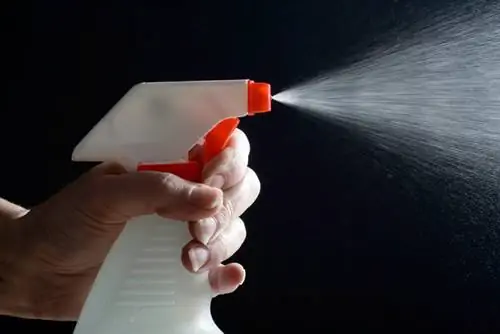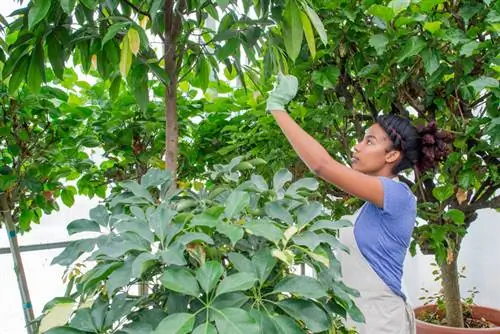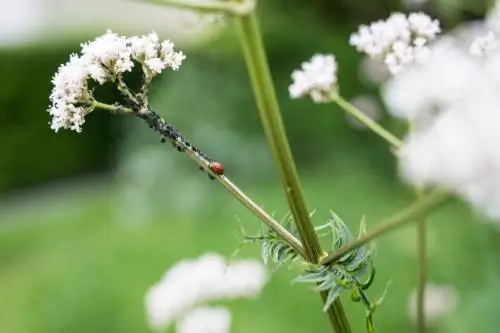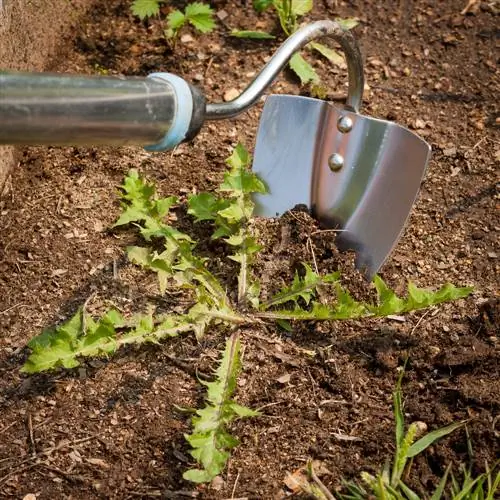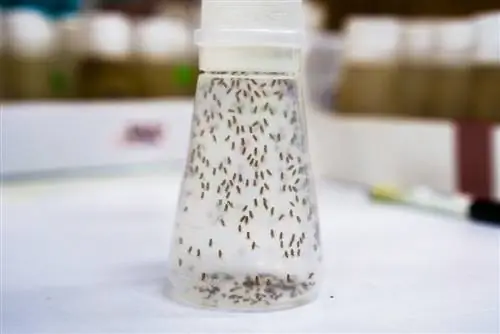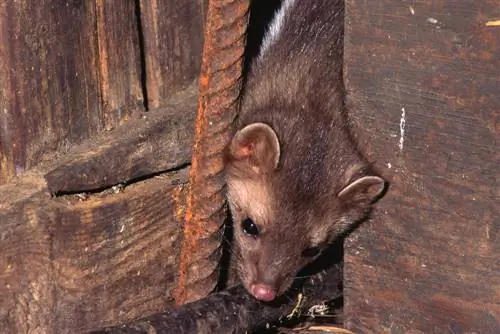- Author admin leonars@hobbygardeners.com.
- Public 2023-12-16 16:46.
- Last modified 2025-01-23 11:20.
Oleander is unfortunately just as beautiful as it is susceptible to louse infestation. Whether aphids, scale insects or mealybugs, the harmful insects love the nutritious plant sap of the Mediterranean shrub. While aphid infestations are very common and difficult to prevent, you can often prevent a scale insect infestation when purchasing. When choosing an oleander, just make sure to get a scale-free specimen: these stubborn animals are usually introduced through newly acquired and already infested plants.
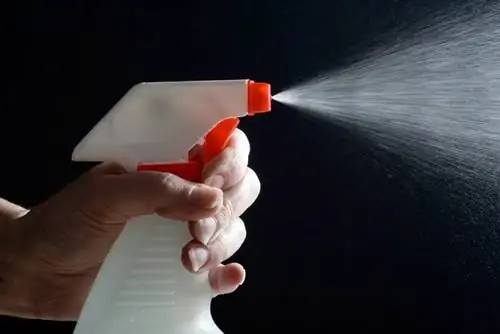
Which home remedies help against lice on oleander?
A suitable home remedy for aphids on oleander is a sharp jet of water, nettle manure or a spray made from water, soft soap and denatured alcohol. Brushing on tea tree oil or neem oil-based products helps with scale insects and mealybugs.
What helps against aphids
The best way to deal with aphids is with a sharp jet of water. Hardly any other remedy drives away the critters as effectively as this. The wet is also very good for the oleander, after all, the shrub loves moisture. However, you should definitely make sure that the leaves are dried quickly and sustainably afterwards, otherwise fungal infections can spread. In addition to showering, home-made nettle manure also helps against aphids. This also has the advantage that it supplies the oleander with additional nutrients and strengthens its defenses.
Make nettle manure
Make nettle manure as follows:
Collect and chop one kilogram of nettles and soak them in ten liters of water. Place the mixture in a warm, dark place and leave it there, covered, for at least a week - don't forget to stir every day! After about seven to ten days, strain the broth and dilute it with water in a ratio of 1:10. With this product you can now water and/or spray your oleanders that are infested with aphids.
Home remedies for scale insects and mealybugs
The best way to combat these two types of plant lice is to use remedies that suffocate the animals. You can then simply collect them from the plant. Sprays based on soft soap and/or rapeseed oil have proven to be very effective. Neem oil-based products available from specialist retailers are also very suitable.
Make your own sprays
This recipe here is a very effective spray that is well tolerated by oleanders:
- 500 milliliters of water
- 10 grams of soft soap
- 10 milliliters of denatured alcohol
The product is applied to the lice immediately after mixing using a cotton swab or a brush. Alternatively, you can simply brush the pests with tea tree oil.
Tip
When combating these pests, a one-time treatment is not enough. You need to repeat it daily, if possible, for a period of one to two weeks.

